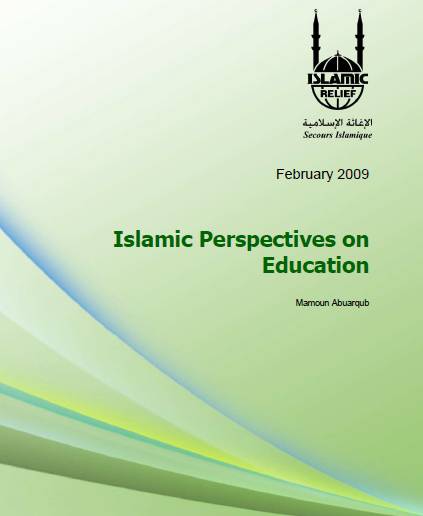
According to the 2008 UNESCO Education for All Global Monitoring Report, at the end of 1999 less than one-third of the 800 million children under the age of six benefited from early childhood education. Of the 113 million children without access to primary education schooling, 60 percent of these were girls. Furthermore, some 880 million adults, the majority being women, were illiterate.
Additionally, excluding the United States and Europe, approximately one in three countries in 2005 did not “constitutionally guarantee” a right for “free and compulsory primary education”. Countries have achieved progress since 2000, but much work remains to meet the goals of “education for all” and the United Nations Millennium Development Goals1 (MDGs) as demonstrated by the following 2005 statistics: The number of children not enrolled in school is 72 million; global gross enrolment in secondary education is at 66%; approximately 774 million adults, the majority women (64%) lack basic literacy and numeracy skills; while gender disparities in education at the primary level were eliminated among 63% percent of the reporting countries from 2000-2005, only 37% had eliminated gender disparity at the secondary level (UNESCO 2008: 13)..
Office
http://policy.islamic-relief.com
Citation
Abuarqub,M (2009). Islamic Perspectives on Education. Islamic Relief Worldwide, Birmingham, [Online] Available: http://policy.islamic-relief.com/wp-content/uploads/2014/05/Islamic-perspectives-on-education-Feb09.pdf






